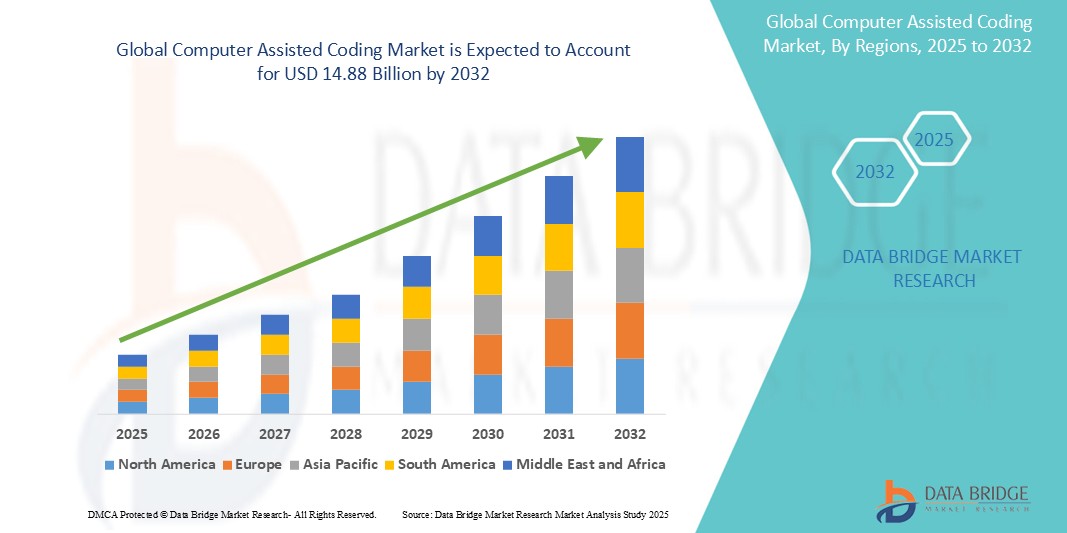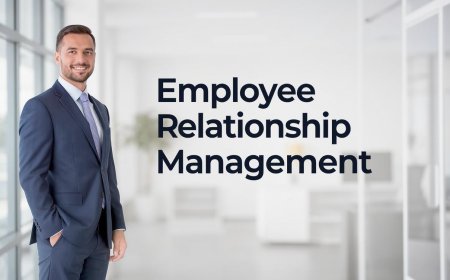B2B Marketing Automation: The Ultimate Growth Engine for 2025
The world of B2B marketing is evolving rapidly, driven by changing buyer behaviors and rising expectations for personalized engagement.

Adapting to the Next Era of B2B Marketing
The world of B2B marketing is evolving rapidly, driven by changing buyer behaviors and rising expectations for personalized engagement. In this fast-paced environment, marketers can no longer rely on manual workflows and disconnected tools. B2B Marketing Automation has become the driving force behind modern marketing strategies, enabling businesses to scale campaigns, personalize communications, and accelerate revenue outcomes.
As 2025 unfolds, organizations that embrace marketing automation are positioned to lead in efficiency, performance, and customer experience. Its more than just technologyits the foundation for predictable and repeatable growth.
From Traditional Marketing to Smart Automation
Traditional B2B marketing relied heavily on scheduled newsletters, manual lead assignments, and siloed systems. This method lacked speed and precision. Now, automation introduces a smarter, connected way to engage audiences with relevance and intent. Each interaction, from email opens to form fills, is tracked and triggers the next step in a personalized journey.
Automation helps turn static marketing into a living, breathing system. Instead of marketers guessing the next move, automation guides itbased on behavior, interest, and timing. This shift ensures that every lead moves through a funnel with fewer drop-offs and more meaningful engagement.
The Strategic Role of Lead Nurturing
Nurturing leads is one of the most valuable aspects of any marketing strategy, especially in long B2B buying cycles. But manually maintaining these relationships is not scalable. Marketing automation solves this by initiating nurture campaigns that respond to a leads behavior and profile.
If a potential buyer downloads an industry-specific report, the system automatically delivers a relevant follow-up sequencecase studies, ROI calculators, or demo invitations. These timely, contextual touchpoints deepen trust and move leads closer to becoming sales-qualified without human effort at every step.
Always-On Engagement Through Smart Triggers
Every lead interaction is a signal. With B2B Marketing Automation, marketers can set intelligent triggers that respond in real-time. Whether its a page visit, video view, or form submission, the system instantly activates the right campaign, email, or sales notification.
This always-on model ensures leads are engaged at the peak of their interest. For example, if someone revisits the pricing page multiple times, an automated email with a scheduling link or discount offer can be sent within minutes. This immediacy improves conversion rates and gives your business a competitive advantage in responsiveness.
Supporting Personalized ABM Campaigns at Scale
Account-Based Marketing (ABM) has become a popular strategy among B2B brands targeting high-value clients. But manually running ABM across dozens of accounts is impossible. Marketing automation allows for scalable personalization through firmographic segmentation and behavior tracking.
When an account matches your ideal criteriaindustry, company size, intent datathe automation system begins a multi-channel campaign sequence tailored to that companys needs. This could include targeted emails, retargeting ads, direct mail, or webinar invitations. Personalization at this scale makes ABM more effective and resource-efficient.
Unifying Email, Ads, Social, and Web into One Experience
Disconnected experiences across platforms create confusion and reduce buyer confidence. B2B Marketing Automation brings all marketing channels under one umbrella. From email marketing and landing pages to paid ads and social media posts, every touchpoint can be orchestrated in harmony.
This means that if a prospect clicks an ad, lands on your site, and fills out a form, the experience remains consistent. Automation also ensures follow-ups are timely and relevant, based on the journey that the lead has already taken. This unified approach enhances brand perception and drives faster funnel progression.
Reducing Human Error and Increasing Campaign Consistency
Manual processes are prone to errorsmissed follow-ups, mistimed sends, and inconsistent messaging. Automation eliminates these risks by enforcing consistency through pre-approved workflows and scheduled communications. Once a campaign is tested and set, it executes exactly as planned.
Whether you're nurturing 100 leads or 100,000, automation ensures every prospect receives the right message, at the right time, without fail. This consistency builds trust and allows marketing teams to focus on strategy rather than repetitive execution.
Real-Time Analytics for Smarter Decision-Making
One of the key advantages of automation is access to comprehensive analytics. From open rates and click-throughs to form conversions and revenue attribution, every campaign can be measured in real-time. This transparency allows marketing teams to identify whats working, what isnt, and how to optimize.
With dashboards that show lead behavior, campaign performance, and ROI, automation platforms empower marketers to pivot quickly, adjust messaging, and focus resources on the highest-performing strategies. This level of insight wasnt possible with legacy systems or siloed tools.
Better Marketing and Sales Alignment
When marketing automation platforms are integrated with CRMs, both marketing and sales teams operate with shared data and visibility. A lead that shows buying intent can be flagged and routed to a sales rep instantly, complete with engagement history, downloaded assets, and interaction timelines.
Sales can then personalize outreach based on what the lead already knows or cares about. This reduces friction in the handoff process, shortens sales cycles, and ensures that leads dont fall through the cracks due to miscommunication or lack of visibility.
Driving Customer Loyalty and Lifetime Value
The value of B2B Marketing Automation doesnt stop after the sale. Automated campaigns are ideal for onboarding, support, upsell, and renewal communications. These lifecycle campaigns keep customers informed, engaged, and loyal.
Onboarding flows can guide new clients through first steps, while usage reminders and best practices emails ensure they continue seeing value. Renewal reminders, feedback surveys, and customer satisfaction sequences can all be triggered automatically, creating a consistent customer experience that boosts retention and lifetime value.
Read the Full Blog Now @ https://acceligize.com/featured-blogs/what-is-b2b-marketing-automation-and-why-it-matters-in-2025/
About Us
Acceligize is a global B2B demand generation company empowering marketing and sales teams through intent-driven lead generation and automation-first solutions. Our programs are designed to align with todays buyer behaviors while simplifying complex sales funnels. With expertise in content syndication, programmatic engagement, and real-time insights, Acceligize helps you scale your lead pipeline efficiently and effectively.

































